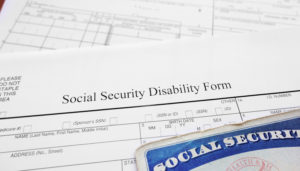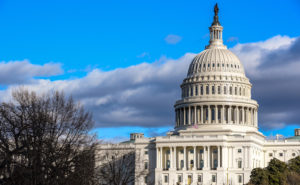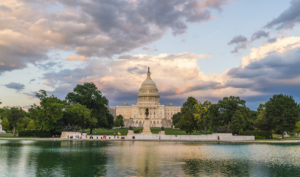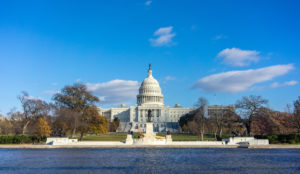What Does Risk-Based Regulation Mean?
Risk-based regulation requires regulators to choose which decision-making principles to apply.
The Search for Sound Vocational Evidence in Disability Adjudication
Expert calls for an overhaul of the existing evidentiary framework for Social Security disability cases.
Considering Cumulative Regulatory Costs in Economic Analysis
The latest Economic Report of the President highlights the importance of studying cumulative regulatory costs.
Police Departments Adopt Automated DNA Testing
Rapid DNA technology expands law enforcement’s ability to test samples, but also raises privacy concerns.
OMB’s New Approach to Agency Guidance Documents
Research fellow argues that a recent OMB memo could improve regulatory lawmaking.
Is Insurance Regulation Unconstitutional?
Scholar argues that the National Association of Insurance Commissioners’s power to regulate violates states’ constitutions.
Supreme Court Examines Liquor Retail Regulations
The Court’s decision will weigh states’ regulatory powers against concerns of economic protectionism.
Public Engagement in Rulemaking
Agencies should work to expand public engagement efforts beyond notice and comment.
Recusal Rules for Administrative Adjudicators
ACUS’s recommendation on recusal could improve federal agency adjudication.
Hurdles in Building Public-Private Partnerships
Guidance from ACUS could help agencies navigate partnerships with the private sector.
Accessing Agency Procedure
The Administrative Conference of the United States recommends greater transparency about agency procedure.
Improving Regulations.gov
Implementing ACUS recommendations would enhance access to rulemaking materials.












